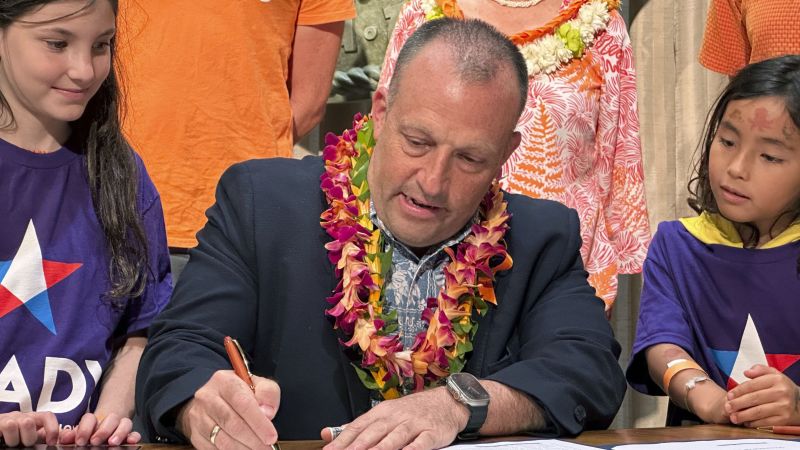URGENT UPDATE: A new study from CUNY SPH reveals alarming insights into the growing HPV vaccine hesitancy among U.S. adolescents. Researchers, led by Associate Professor Spring Cooper, surveyed over 1,000 parents and caregivers across the Northeast and Southeast and conducted in-depth interviews with 41 vaccine-hesitant participants.
The study, published in the journal Vaccine, identifies key barriers to vaccination, including deep-seated mistrust in government and health systems, reliance on social media for health information, and fears surrounding vaccine safety and effectiveness. These factors contribute to a critical public health challenge as parents grapple with balancing their child’s autonomy with the pressing need to protect them from HPV-related cancers.
The analysis highlights four primary themes fueling vaccine hesitancy:
1. Concerns about side effects and effectiveness
2. Mistrust of governmental health initiatives
3. Dependence on social media for health information
4. The discomfort surrounding the HPV vaccine’s link to sexual activity
Parents often find themselves in a difficult position, trying to protect their children while also respecting their maturity and autonomy. The researchers note that low health and media literacy exacerbate these challenges, complicating parents’ decision-making processes.
“Effective, trust-based communication from health care providers is critical to overcoming these barriers,” says Cooper. The study emphasizes the need for tailored discussions that address specific parental concerns, provide transparent information, and enhance overall health literacy. This approach could significantly improve HPV vaccination rates across the nation.
With only a fraction of adolescents currently vaccinated, the implications of this study are profound. Authorities urge public health campaigns to focus on rebuilding trust and disseminating accurate information to combat misinformation and increase vaccine uptake.
Parents and caregivers are encouraged to seek reliable resources and engage in open dialogues with healthcare professionals to make informed decisions regarding their children’s health. The urgency of addressing these issues cannot be overstated as public health officials aim to curb HPV-related health risks in future generations.
For more information on the study, refer to Spring Chenoa Cooper et al, “They’re not going to tell you everything”: A qualitative study with HPV vaccine hesitant parents and caregivers in the northeast and southeast U.S., Vaccine (2025). DOI: 10.1016/j.vaccine.2025.127948.
Stay tuned for further updates as this critical issue develops, and share this information to raise awareness in your community.







